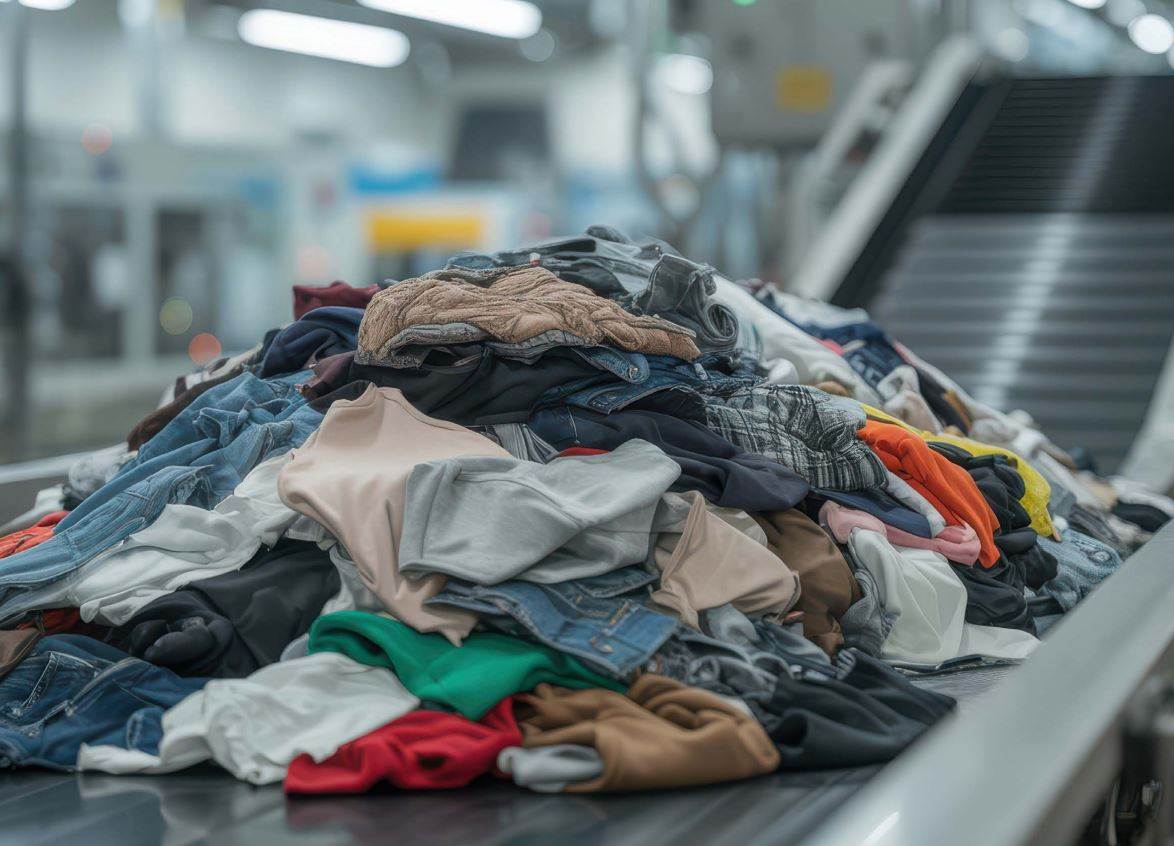UKFT publishes national textile recycling plan

The UK Fashion & Textile Association (UKFT) has launched its National Textile Recycling Infrastructure Plan, setting out a “roadmap” to develop a domestic textile recycling ecosystem over the next decade and beyond.
Adam Mansell, CEO of UKFT, said: “The plan represents the culmination of two years of in-depth research, dialogue and collaboration across the entire textile value chain in the UK. It outlines a set of industry and government recommendations to transition to a robust, circular textile economy by 2035.”
According to Mansell, the UK’s fashion and textile industry stands at a turning point. “For the UK to remain competitive and resilient, we must develop systems that not only reduce environmental impact but also unlock economic opportunity, foster innovation and build long-term value across the sector.”
The plan, developed in partnership with the Circular Fashion Innovation Network and UK Research and Innovation, and supported by partners including Veolia, was informed by engagement with organisations across the post-consumer textile supply chain, from local authorities and collectors to recyclers, manufacturers and brands. Mansell added: “These diverse voices have helped shape a vision grounded in the industry as it is and focused on practical solutions.”
Short-term recommendations include creating dedicated textile waste collection systems, integrating with municipal services, implementing digital tracking platforms and incentivising responsible disposal. The UKFT also advocates attracting investment for automated sorting and fibre-to-fibre recycling infrastructure, supporting emerging circular businesses, and fostering cross-sector partnerships to open new high-value markets for recycled fibres.
Workforce development and training are also priorities, from structured programmes for brands and retailers to higher education curricula incorporating automation, robotics and AI. Brands are encouraged to educate consumers, drive demand for recycled content and adopt eco-design guidelines.
Looking further ahead, the roadmap envisions regional post-consumer textile management hubs, smart collection systems, and fully transparent supply chains. Automated sorting and domestic fibre-to-fibre infrastructure would be expanded nationwide, supported by phased spinning capacity and modernised manufacturing facilities. Government measures would include mandatory separate collection of textile waste, continued support for workforce development and investment in recycling technologies.
Mansell said: “The resulting plan is built around four key pillars: infrastructure, market capacity, skills and workforce, and technology - each essential to building a viable, scalable and future-ready textile recycling system. This plan is a call to action for government and industry to support the transition to a circular textiles economy in the UK.”











